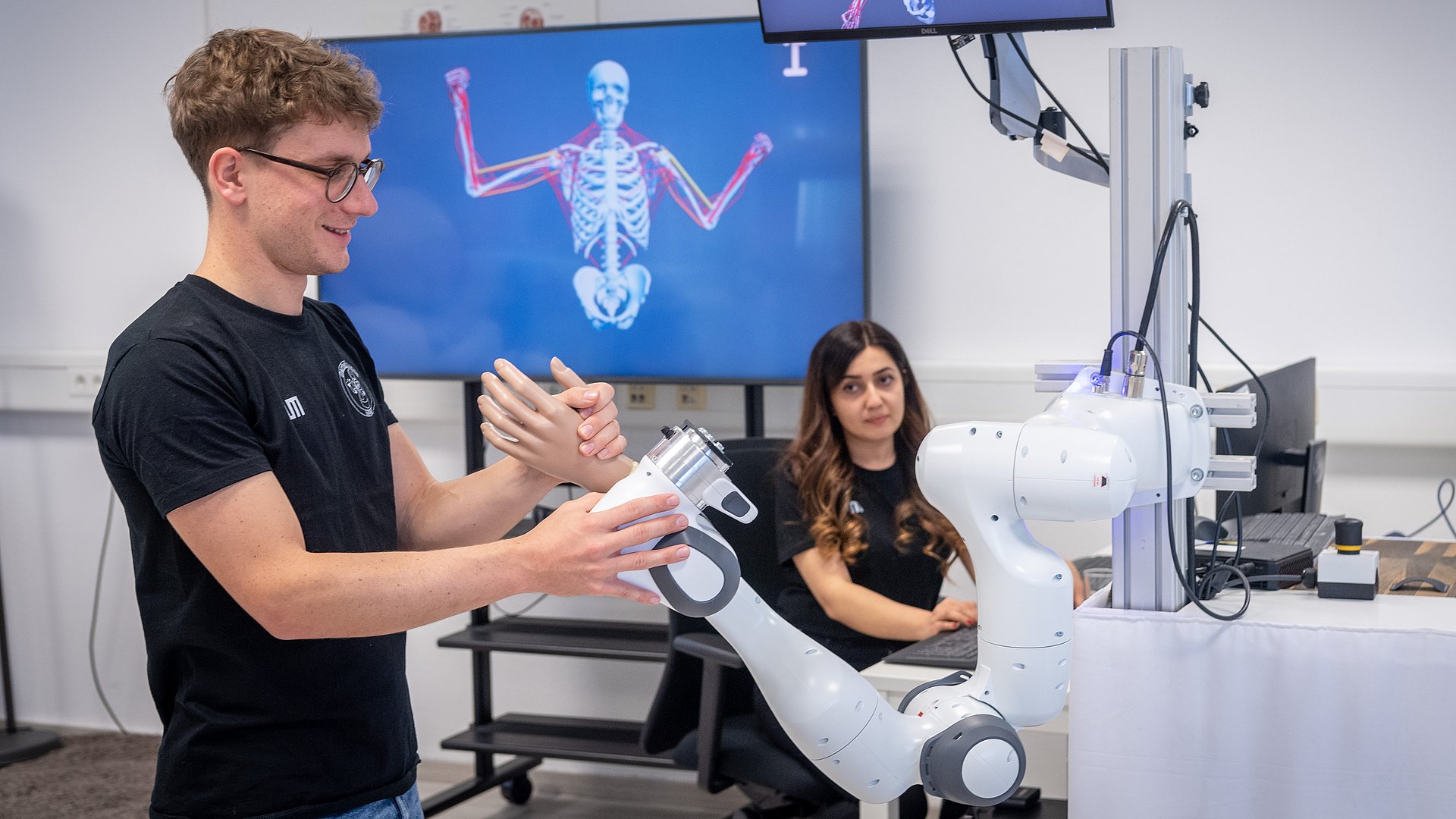New THE Interdisciplinary Science Rankings
TUM ranked 12th worldwide for interdisciplinary research

The Interdisciplinary Science Rankings, which covers engineering, natural, life and computer sciences, incorporates numerous indicators. These include the number and quality of interdisciplinary publications as well as the amount of third-party funding raised for such projects. The ranking also looks at whether universities have created facilities for interdisciplinary research teams and take multidisciplinary collaboration into account when promoting researchers. In addition, scientists are asked to rate the support for interdisciplinary teams at their universities.
Breaking down boundaries between subject areas
The range of subject areas offered at TUM, extending from engineering sciences, computer sciences, natural sciences, life sciences and medicine to economic and social sciences, is unique in the EU. TUM utilizes the interactive potential of its subject portfolio above all through the intensive and intelligent interlinking of the strengths of the individual disciplines.
With a far-reaching structural reform, TUM has merged the subject-based departments typical of German universities into multidisciplinary schools. For scientific fields of major technological and societal significance such as robotics, biomedical engineering, data sciences and sustainability, it has established Integrative Research Institutes involving scientists from all related areas. The TUM Innovation Networks explore high-potential innovative fields with multidisciplinary research teams and form the basis for competitive integrative research projects.
For TUM, the strong focus on the interdisciplinary approach to research already starts in the recruitment stage. For purposes of the tenure track career system, collaboration with other subject areas has a positive impact on overall performance evaluations of professors. The International Graduate School for Science and Engineering promotes scientific training and team leadership qualifications for doctoral candidates and postdoctoral fellows extending far beyond the boundaries of their specialized fields. And the interactive network of the TUM Venture Labs supports entrepreneurs with wide-ranging perspectives on technological expertise and market know-how.
With its future concepts in the three rounds of the Excellence Initiative and Excellence Strategy of the German federal and state governments, TUM has gradually expanded the interdisciplinary interactions in research, teaching and innovation. The ongoing TUM AGENDA 2030 will raise this networked approach to a new level.
Outstanding international rankings
The number 12 spot in the Interdisciplinary Science Rankings stands alongside many other top 30 positions in prestigious international league tables. As number 26 worldwide in the major THE World University Rankings, TUM is the top university in the EU. It is also 28th overall in the QS World University Rankings. In the Global Employability Ranking, which assesses the qualifications of graduates, TUM is 13th worldwide. And in the THE University Impact Rankings, TUM is the top university worldwide in the category Industry, Innovation and Infrastructure.


